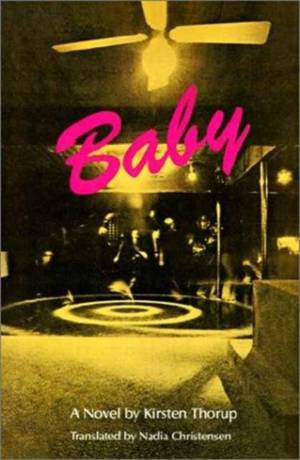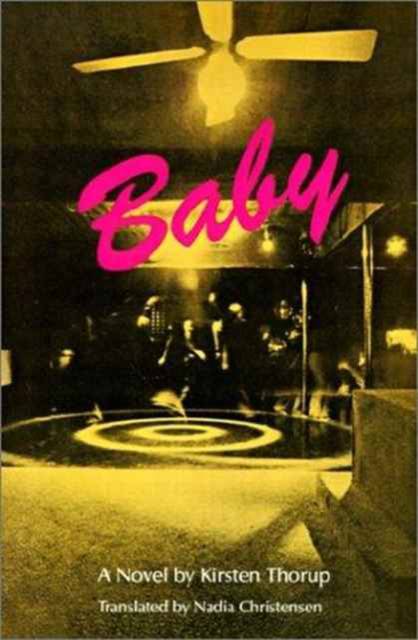
- Retrait gratuit dans votre magasin Club
- 7.000.000 titres dans notre catalogue
- Payer en toute sécurité
- Toujours un magasin près de chez vous
- Retrait gratuit dans votre magasin Club
- 7.000.0000 titres dans notre catalogue
- Payer en toute sécurité
- Toujours un magasin près de chez vous
34,95 €
+ 69 points
Description
Kirsten Thorup's Baby introduces us to strangers, the outsiders: misfits, deviants, losers, the powerless, those at the bottom of the social hierarchy. They are the other side of the coin, the failures.
The novel opens in the Mexicana, a cheap nightclub in the Vesterbro district of Copenhagen, where several acquaintances are gathered together in a meaningless, hand-to-mouth companionship. When the club closes, they go their own ways, never to return to the club again a dispersion that gives the book its basic pattern of wandering and aimlessness and no neatly rounded closing of the circle. Their tracts zigzag through the city. We follow Mark--the untalented auto salesman with the Orson Welles profile who is heavily in debt and does not know how to get out--home to his money-grubbing wife who get household income by selling herself to the loan shark who has Mark in his clutches. We follow Suzie on a drunken spree in Sweden with a couple of delinquents. We visit Leni, who has never written the book she wants to write because she has had to support herself by translating porno magazines. We go with her to the home of her former husband, Eddy, who once owned the run-down apartment where Karla, a single mother with two children, now lives. Eddy is the central to the story. He is the spider; his money--and its power--are the poison. Permeating the everyday lives of these characters is an experience that perhaps a woman best can formulate: the experience of being a thing, an object rather than a subject, a receiver--of bribery, of blows and bruises, of caresses, or persuasive words. And perhaps a woman's sensitivity is also particularly suited to describing this state with the unsentimental tenderness that Kirsten Thorup manifests in Baby. Baby deals with people who have been pushed out into the darkness. They are the children of darkness and some of them do dark deeds. But Thorup has said that if she had to choose an epigraph for the novel, it would be a line from Hugo: "Not those who do dark deeds, but those who create the darkness are the truly guilty ones."Spécifications
Parties prenantes
- Auteur(s) :
- Traducteur(s):
- Editeur:
Contenu
- Nombre de pages :
- 220
- Langue:
- Anglais
- Collection :
Caractéristiques
- EAN:
- 9780807125182
- Date de parution :
- 01-03-99
- Format:
- Livre broché
- Format numérique:
- Trade paperback (VS)
- Dimensions :
- 154 mm x 228 mm
- Poids :
- 367 g

Les avis
Nous publions uniquement les avis qui respectent les conditions requises. Consultez nos conditions pour les avis.






